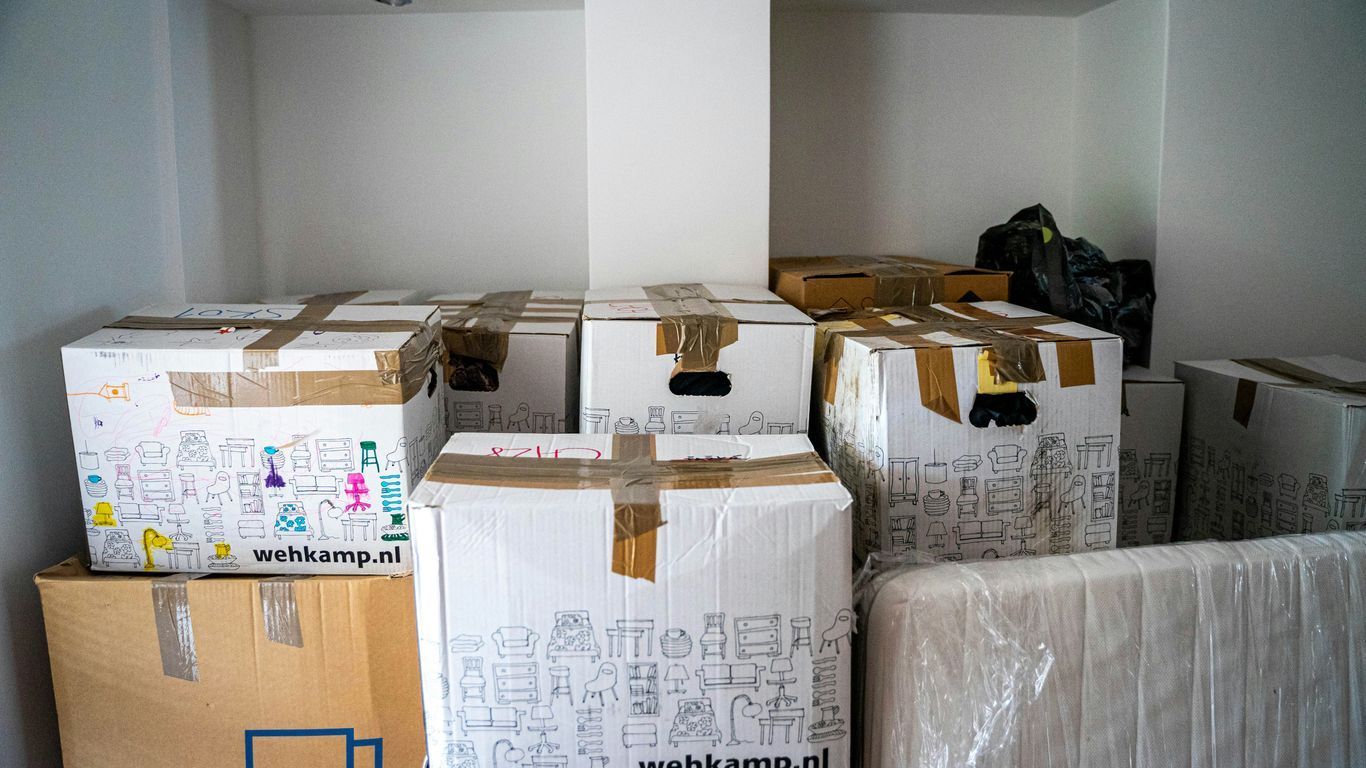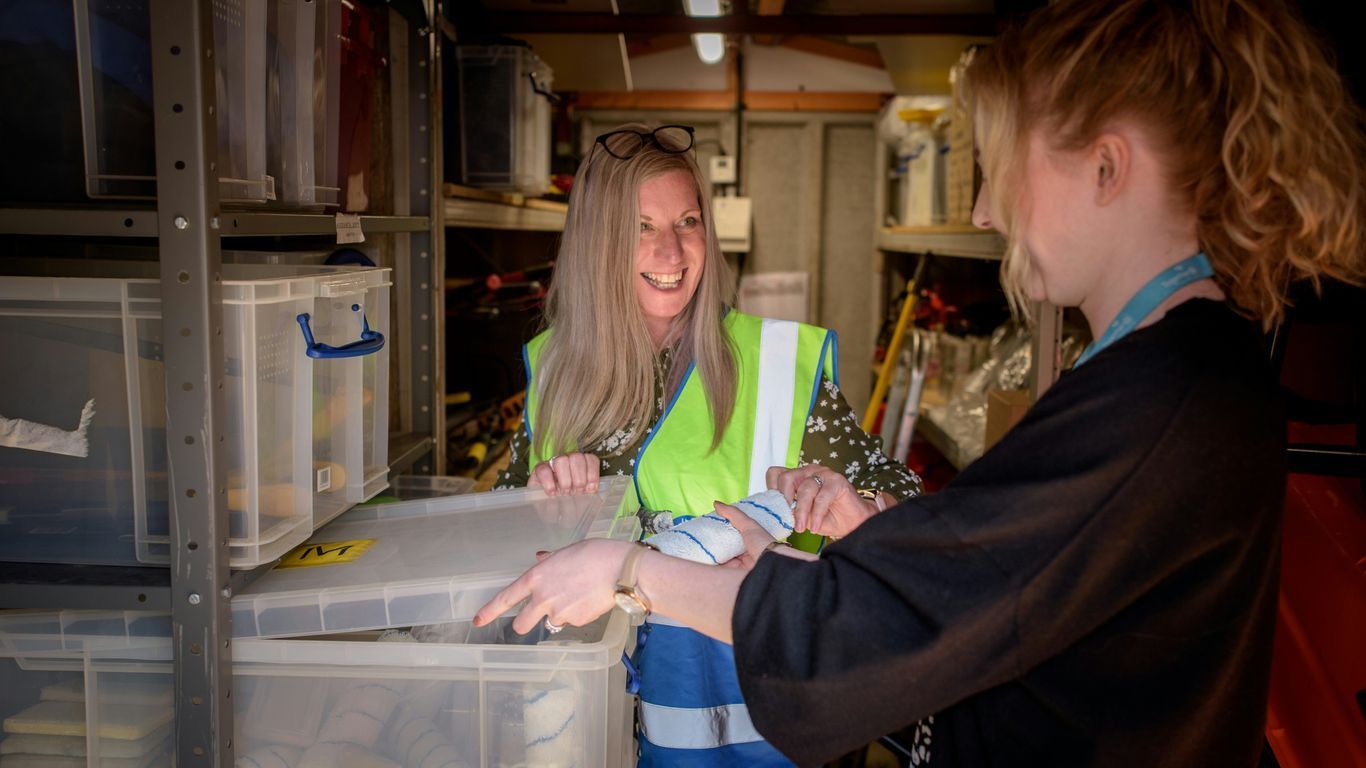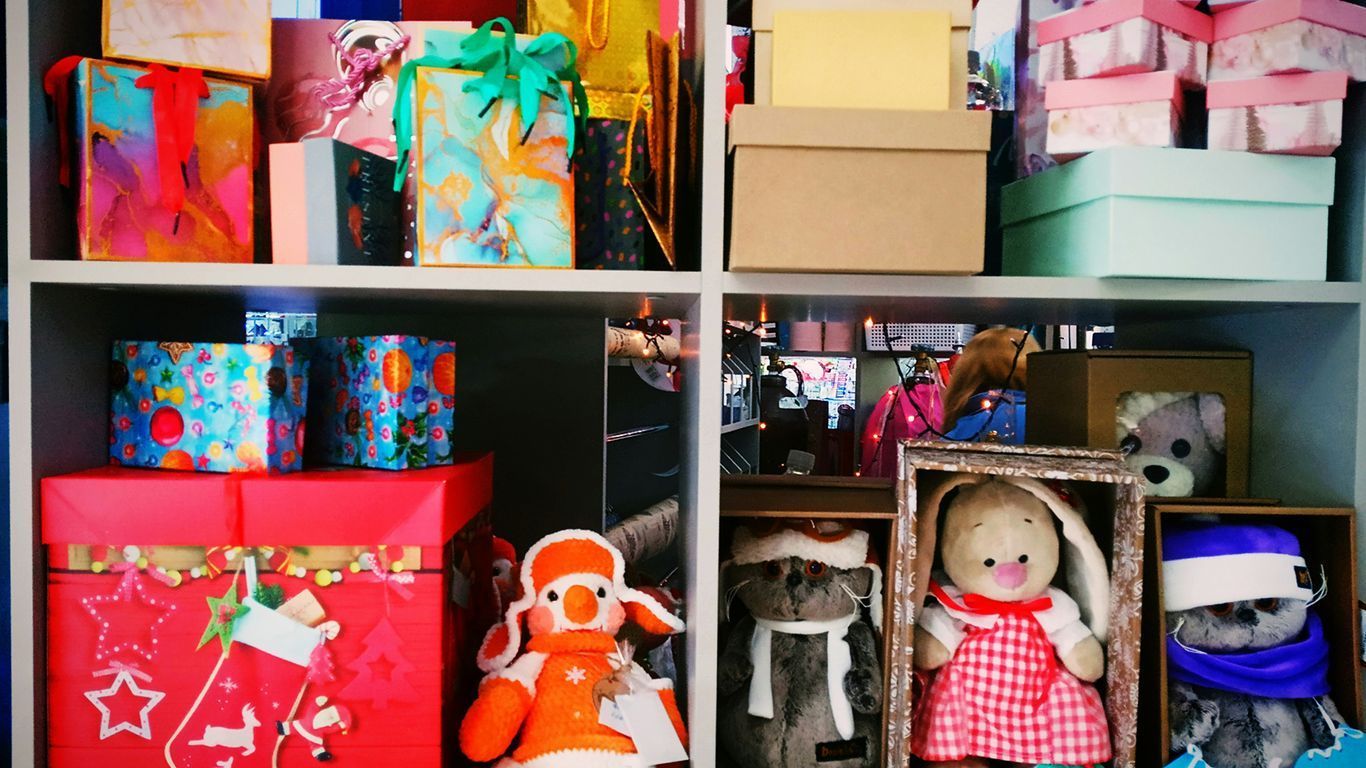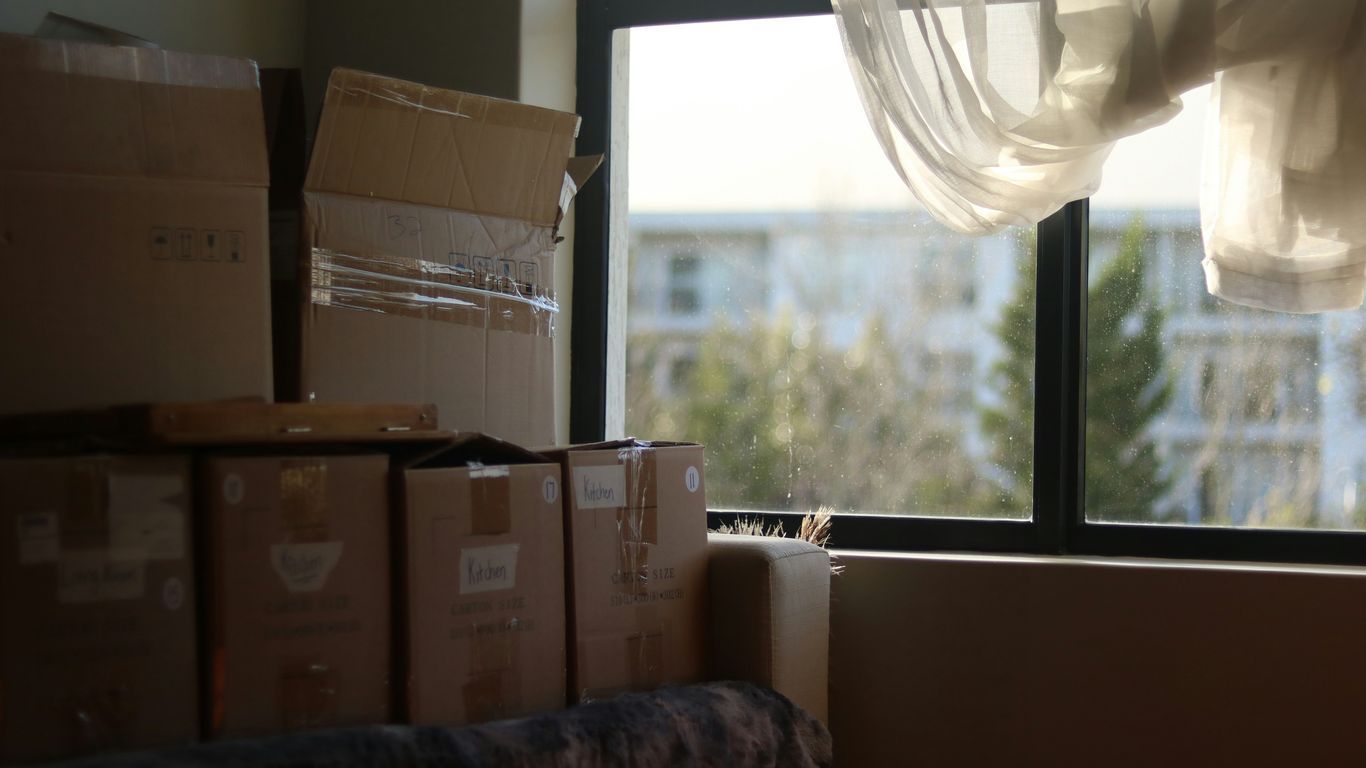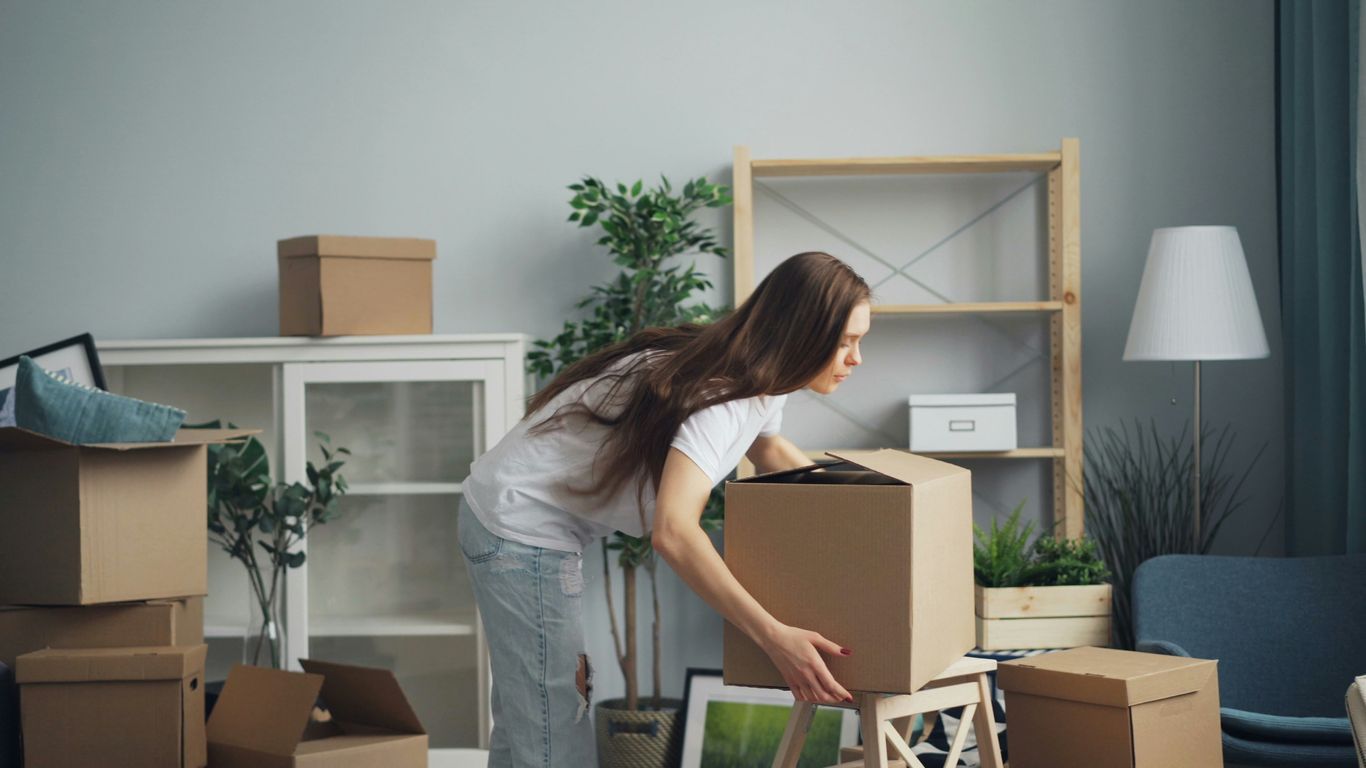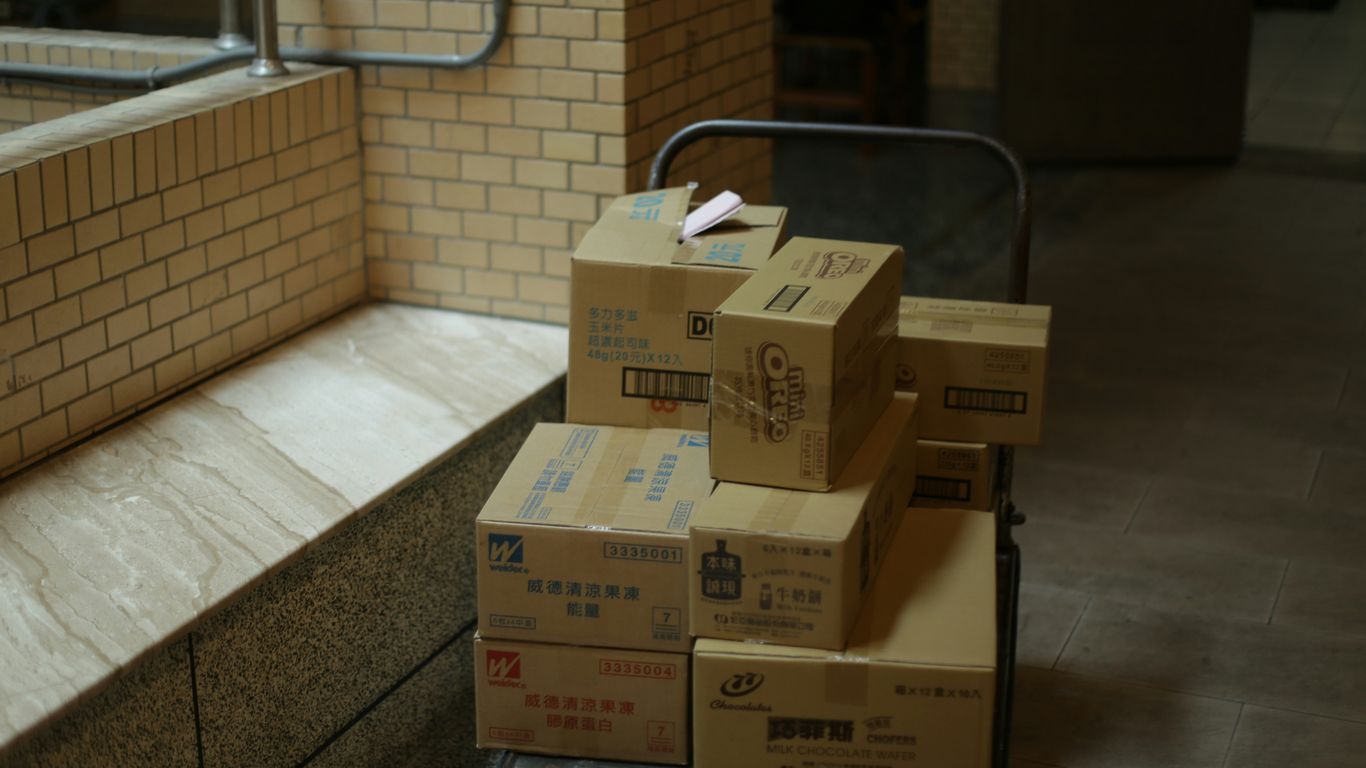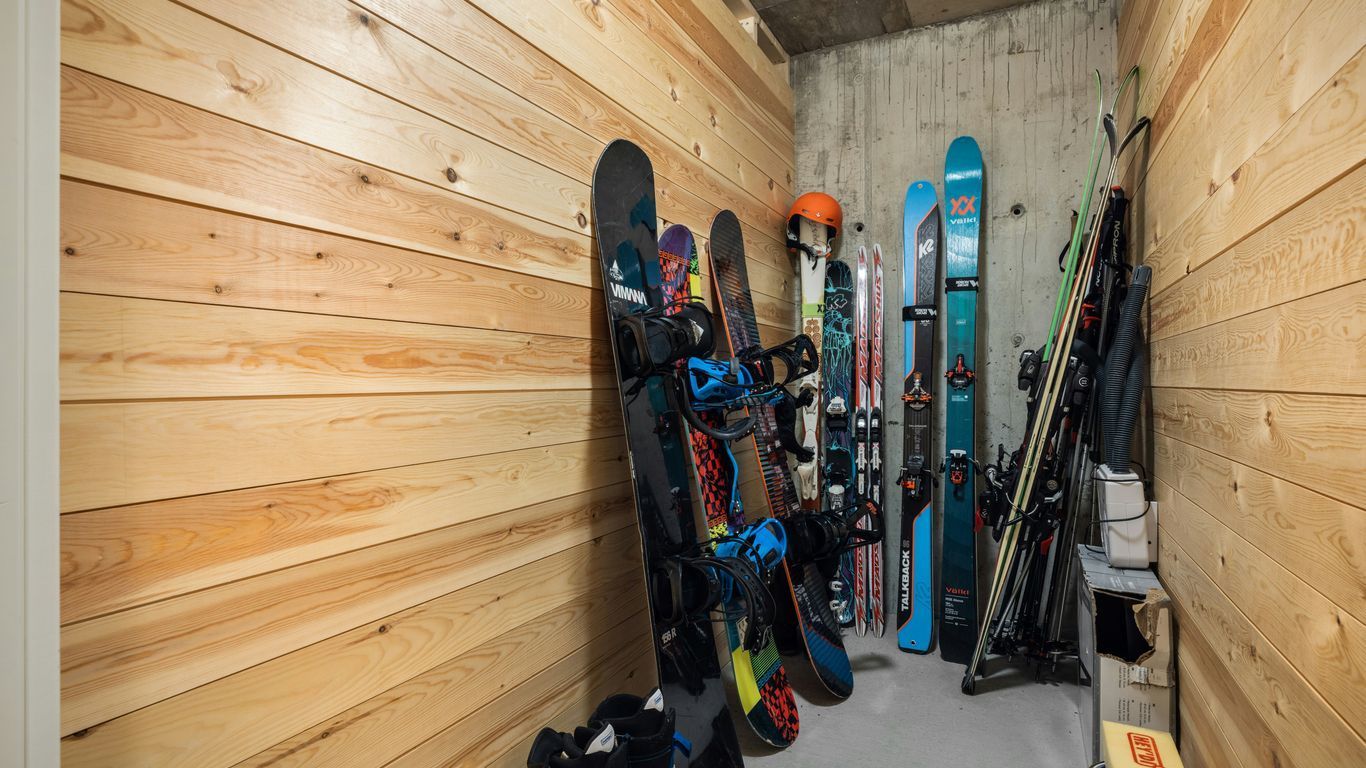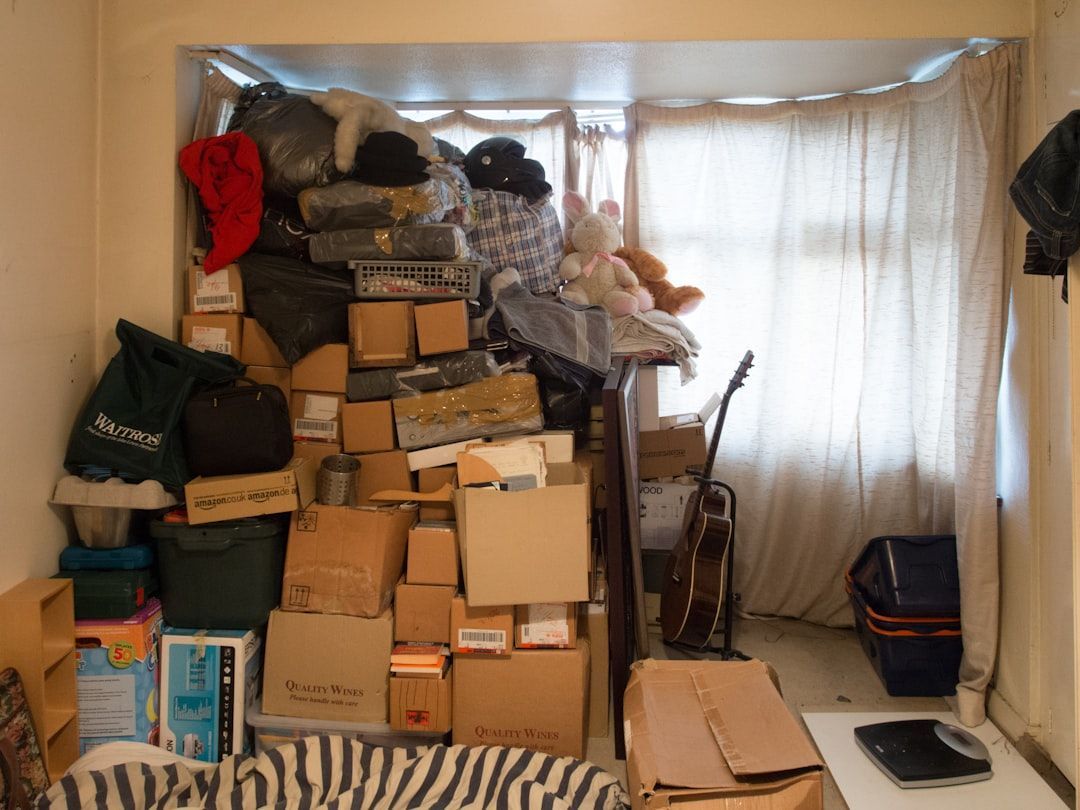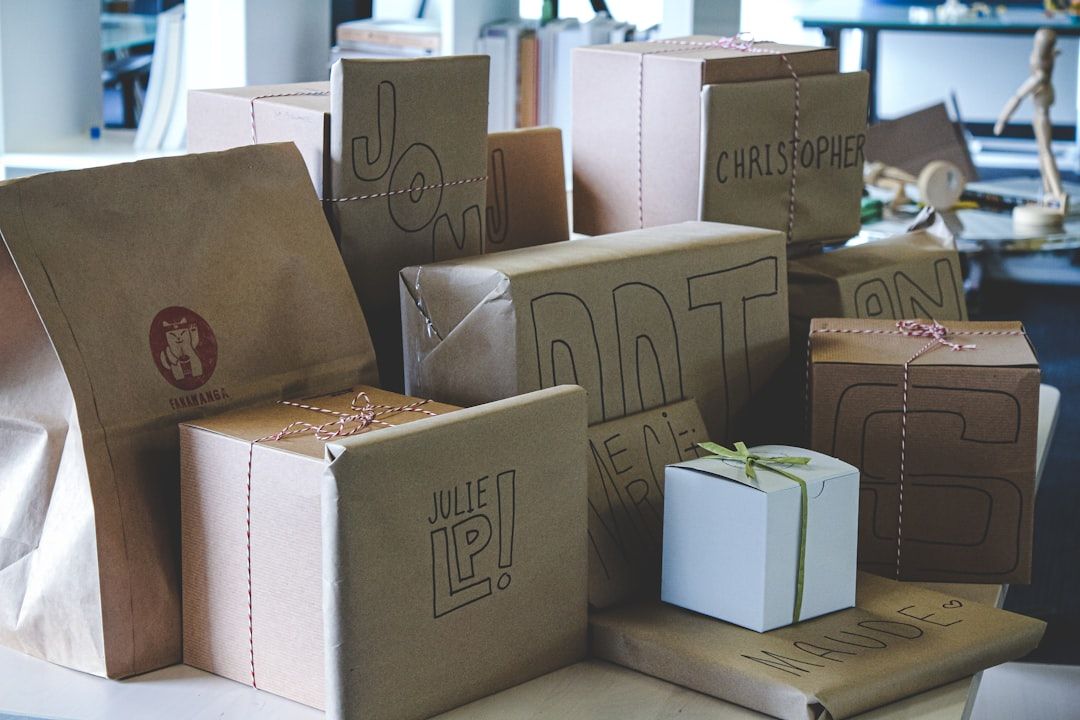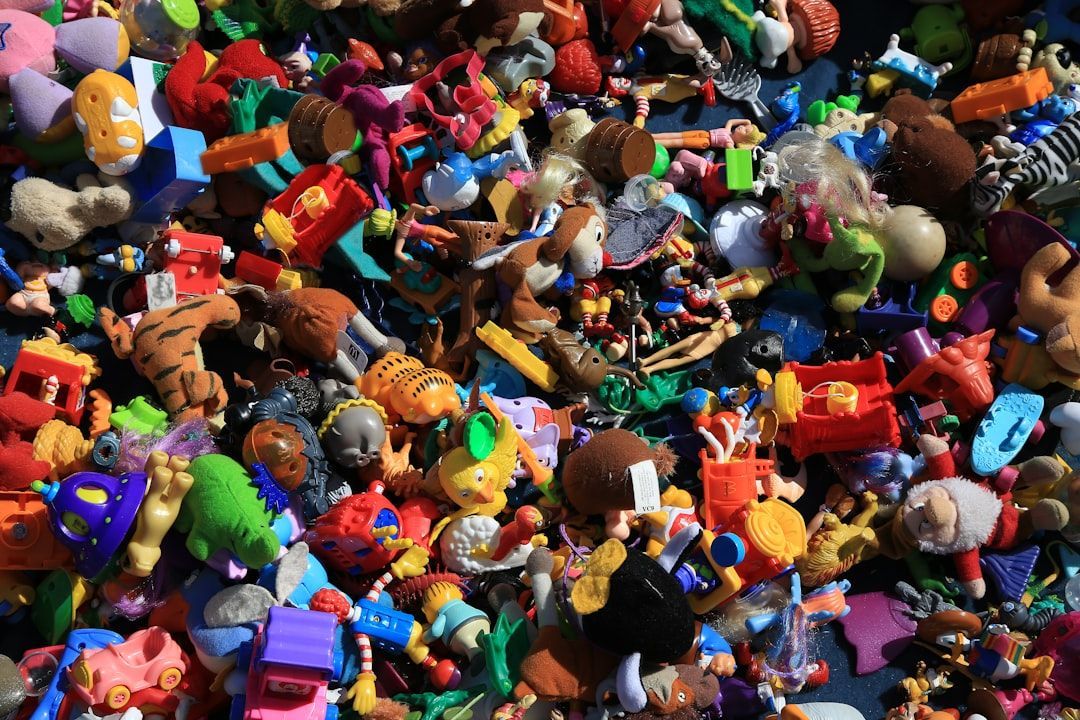Is My Stuff Safe? Understanding Storage Security Features in Campbellsville
Thinking about putting some of your stuff into storage here in Campbellsville? It's a pretty common thing to do, whether you're moving, renovating, or just need to clear out some space at home. But when your things are going to be tucked away for a while, you want to make sure they're actually safe. It’s not just about finding a spot; it’s about knowing your belongings are protected from damage, theft, and all sorts of other issues. This guide is here to walk you through the important storage security features Campbellsville facilities offer and how you can best prepare your items.
Key Takeaways
- Pick the right storage unit for your needs, like climate control for delicate items.
- Pack your belongings with good materials to shield them from dust and pests.
- Arrange items inside your unit so you can easily reach what you need.
- Clean everything before storing and drain appliances to prevent problems.
- Stack heavier items on the bottom and keep valuable things out of sight.
Understanding Storage Security Features in Campbellsville
When you're looking for a place to stash your stuff here in Campbellsville, it's not just about finding a vacant spot. You've got to think about what kind of security features are actually in place. It’s like picking the right lock for your front door – you want something that fits the job.
Choosing the Right Storage Unit Type
Not all storage units are the same, and picking the right one makes a big difference in how safe your things stay. What you're storing, how often you need to get to it, and how much protection it needs all matter. For items that don't like big temperature swings or damp air, like old photos, wooden furniture, or electronics, a climate-controlled unit is the way to go. These keep things steady year-round, stopping warping or mold. If you're just storing sturdy things or need to pop in often, a drive-up unit is super handy. You can just pull your car right up to the door. And for smaller stashes, like seasonal decorations or extra kitchen gadgets, smaller storage lockers are a good, budget-friendly option. It really comes down to matching the unit to your stuff.
Climate Control for Sensitive Belongings
If you've got items that are easily affected by the weather, like old books, important documents, or even musical instruments, you'll want to look for units that offer climate control. These places keep the temperature and humidity at a steady level, which is a big help in preventing damage like mold, mildew, or warping. It might cost a little extra, but for things you really care about, it’s often worth it.
Drive-Up Access and Storage Lockers
For everyday items or things you need to get to frequently, like sports equipment or seasonal clothing, drive-up units are a lifesaver. You can park your car right outside the unit door, making loading and unloading a breeze. No more lugging heavy boxes through hallways. On the other hand, if you're just storing a few boxes or things you don't need often, like extra luggage, storage lockers are a more compact and often cheaper choice. They're usually just big enough for those smaller loads.
Think of your storage unit like an extension of your home's security. The better you match the unit type to what you're storing, the less likely you are to run into problems down the road. It’s about being smart with your choices from the start.
Preparing Your Belongings for Secure Storage
Getting your stuff ready for storage is a big part of making sure it stays in good shape while it's tucked away. It might seem like a lot of work upfront, but trust me, it saves you a ton of hassle down the road. Think of it as giving your belongings a little spa treatment before they go into hibernation.
Cleaning and Maintaining Items Before Storage
Before anything goes into a unit, give it a good wipe-down. This is super important, especially if things are going to be stored for a while. Dirt and dust can attract bugs, and nobody wants that. So, dust off those shelves, wipe down the furniture, and maybe even give your electronics a quick clean. It’s also a good time to check for any little nicks or tears so you know what you started with. It’s like prepping a canvas before you paint – you want a clean surface.
Draining Appliances and Equipment
This one's a bit more specific, but really important for things like washing machines, refrigerators, or even lawnmowers. You need to drain all the water out of them. Seriously, don't skip this. Any leftover water can freeze and expand in the cold, or just sit there and get gross, potentially damaging the appliance. It’s a simple step that prevents a lot of potential problems.
Strategic Packing for Longevity
When you're packing, think about how things will hold up over time. Use sturdy boxes – the ones that are falling apart aren't going to do your stuff any favors. Uniform box sizes are great because they stack better, making the most of your space without creating wobbly towers. For anything fragile, go heavy on the bubble wrap or packing paper. You can even get those plastic bins with tight lids; they're good for keeping moisture and bugs out, especially for clothes or linens. Don't be stingy with the packing supplies; it’s an investment in keeping your things nice.
It's really about protecting your items for the long haul. Think about what could go wrong – moisture, pests, crushing – and pack accordingly. A little extra effort now means your stuff will be in much better shape when you pull it out later.
When you're packing fragile items, wrap each one individually. Don't just toss them all in together. Use dividers in boxes if you have them, and make sure those boxes are clearly marked as fragile. You don't want someone just tossing them around. It’s also a good idea to keep a list of what’s in each box, maybe taped to the outside, so you know what you’re reaching for. If you're looking for a reliable place to store your belongings in Campbellsville, check out 3 Key Self Storage.
Maximizing Space and Accessibility in Your Unit
So, you've got your stuff ready for storage, but how do you make sure you can actually get to it and that it's all packed in there efficiently? It's not just about cramming everything in; it's about smart organization. Think of your storage unit like a well-organized closet or garage – the better you arrange it, the easier it is to find what you need and the more you can fit.
Smart Loading and Stacking Techniques
When you're loading your unit, start with the big, heavy items first. These usually go towards the back or sides. Then, you can fill in the gaps with smaller boxes and items. It's a good idea to create a clear path, especially if you think you might need to access certain items without moving everything. This makes retrieving things much less of a hassle.
- Place larger furniture pieces against the walls.
- Use the space inside wardrobes or cabinets for smaller items.
- Stand mattresses and mirrors upright to save floor space.
Avoiding Over-Stacking for Safety
While it's tempting to use every inch of vertical space, over-stacking can be a real problem. Piling boxes too high can lead to them falling and damaging your belongings. Plus, it makes it really hard to get to anything buried in the middle.
Keep your stacks manageable. Aim for a height that feels stable and allows you to easily reach the top boxes without a ladder or a struggle. Leaving a little breathing room at the top also helps with air circulation.
Utilizing Vertical Space with Shelving
Shelving units are a game-changer for storage units. They let you stack boxes safely and keep things off the floor, which is great for preventing moisture issues. You can organize items by category on different shelves, making it super easy to find what you're looking for. It's a simple way to make your storage unit feel much more like a structured space, rather than just a pile of stuff. You can find affordable shelving options at most home improvement stores, and they can really help you make the most of your Campbellsville storage unit.
Protecting Valuables and Preventing Theft
When you're storing items, especially those with significant monetary or sentimental value, taking extra steps to keep them safe from theft is a smart move. While storage facilities in Campbellsville generally have good security measures in place, it never hurts to be extra cautious. Think of your storage unit as a personal vault; the less attention it draws, the better.
Keeping Valuables Out of Sight
It's tempting to just shove everything in, but where you place your valuables matters. Always try to position them towards the back of the unit, away from the door. This makes them less visible to anyone who might glance inside when the door is open. The goal is to make your unit look as unremarkable as possible from the outside.
Using Generic Boxes and Discreet Labeling
This is a big one. Avoid using boxes that scream "expensive electronics" or "jewelry inside." Stick to plain, generic-looking boxes. When it comes to labeling, be vague. Instead of writing "Grandma's Silverware," opt for something like "Kitchen - Metal Items." This little bit of misdirection can go a long way in deterring opportunistic theft.
- Use plain, unmarked boxes.
- Label contents vaguely.
- Avoid brand names or specific item descriptions on the outside.
The less information you give away about the contents of your unit, the less attractive it becomes to someone looking for an easy target. It’s a simple strategy, but highly effective.
Maintaining a Detailed Inventory
Before you even pack a single item, create a thorough inventory of everything you're putting into storage. This isn't just for your own reference; it's a vital step for security and insurance purposes.
- List Everything: Note down each item, its description, and its approximate value.
- Take Photos/Videos: Snap pictures or record a video of your items, especially the valuable ones, before they go into the unit. This serves as proof of ownership and condition.
- Keep it Safe: Store a copy of this inventory and the photos/videos separately from your storage unit, perhaps digitally in the cloud or with a trusted friend or family member.
Having this record is incredibly helpful if, in the unlikely event of a problem, you need to file a claim or report missing items. It provides clear documentation of what was stored and its condition.
Safeguarding Against Environmental Factors
When you're storing your stuff, it's not just about keeping it safe from people. You also have to think about what the environment inside the storage unit might do to your belongings. Things like moisture, temperature changes, and even little critters can cause a surprising amount of damage if you're not careful. Protecting your items from these elements is key to making sure they're in good shape when you need them again.
Preventing Moisture Damage
Moisture is probably the biggest enemy of stored goods. It can lead to rust on metal, mold and mildew on fabrics and wood, and generally make things smell musty. Here are a few ways to fight back:
- Get items off the floor. Use shelves or pallets if you can. This helps if there's any minor flooding or just dampness rising from the concrete.
- Use desiccants. Things like silica gel packs can absorb moisture inside boxes, especially for electronics or important papers. You can find these online or at craft stores.
- Consider plastic sheeting. Laying down some plastic sheeting on the floor can create a barrier, but be careful it doesn't trap moisture underneath.
It's easy to think sealing everything in plastic is the best way to go, but it can actually cause problems. Plastic can trap moisture, leading to mold and mildew, especially on things like mattresses and furniture. Instead, use breathable covers made of cotton or linen. These let air circulate, preventing moisture buildup. Also, don't cram everything in super tight. Leave some space around larger items to help air flow freely. This is especially important in areas with high humidity.
Ensuring Good Air Circulation
Good airflow is really important for preventing moisture buildup and keeping things fresh. If you just seal everything up tight, especially in plastic, you can create a perfect environment for mold.
- Don't pack boxes too tightly. Leave a little breathing room between items, especially larger furniture pieces.
- Use breathable covers. For things like mattresses or upholstered furniture, cotton or linen covers are better than plastic ones.
- Create pathways. Make sure you can walk through your unit and that air can move around the items. This is where shelving units can really help.
Safeguarding Against Pests
Pests like mice, insects, or moths can do a lot of damage, chewing through boxes, fabrics, and even wood. The best defense is to make your unit unappealing to them:
- Never store food. Even a tiny crumb can attract unwanted visitors.
- Seal boxes well. Use strong packing tape to close all boxes securely. This makes it harder for pests to get inside.
- Consider deterrents. Mothballs or certain natural repellents can help, but always use them according to instructions and keep them away from items you'll be using soon.
- Keep it clean. Regularly check for any signs of pests, like droppings or chewed materials, and address it immediately.
Long-Term Storage Considerations in Campbellsville
Thinking about stashing your belongings for an extended period in Campbellsville? It’s more than just finding a spot; it’s about making sure your stuff stays in good shape, no matter how long it’s tucked away. Long-term self storage requires a bit more thought than just a quick weekend clear-out. It’s like putting your possessions into a safe hibernation. You can’t just toss things in a box and hope for the best. We’re talking about protecting items from temperature swings, humidity, and even little critters over months or years. It’s the preparation that makes all the difference between finding your things just as you left them, or dealing with a mess.
Defining Long-Term Self Storage Needs
So, what exactly counts as long-term? Generally, if you’re looking at storing things for more than a few months, you’re in long-term territory. This isn’t for your seasonal decorations that you’ll grab next month. Think about situations like:
- Moving to a smaller place but not ready to part with sentimental items.
- Home renovations that will take a while, keeping your furniture safe from dust and damage.
- Extended travel or military deployment where you need a secure place for your belongings.
- Managing an estate and needing a temporary, safe holding space.
It’s about making smart choices now to avoid problems later. For instance, storing a slightly damp item can cause big issues down the line. It’s really about the preparation, not just the lease agreement.
Benefits of Storage Units for Long-Term Use
While a friend’s garage or your own basement might seem like easy options, dedicated storage units offer some serious advantages for longer stays. Many facilities, like those found in Campbellsville, offer climate-controlled units. This is a big deal for things like electronics, wooden furniture, artwork, and important documents. Keeping the temperature and humidity steady helps prevent warping, cracking, mold, and mildew. Plus, these places usually have better security features, like gated access and surveillance cameras, giving you peace of mind. You can often find good deals online too, making it more affordable than you might think. Check out Green Locker Storage for an example of secure options.
Common Scenarios for Long-Term Storage
Long-term storage isn't just for people who have too much stuff; it’s super practical for many life events. Here are a few common reasons people use storage units for extended periods:
- Downsizing: Moving to a smaller home but can't bear to part with everything? Storage is the perfect middle ground.
- Home Renovations: Protect your valuable furniture and belongings from dust, paint, and accidental damage during a lengthy remodel.
- Military Deployments: A secure and reliable place to keep your personal items safe while you're serving overseas.
- Estate Management: Provides a respectful and secure location for belongings while you sort through a loved one's possessions.
It’s all about making life a little easier during transitions. A little planning goes a long way to keep your things in great shape.
Thinking about storing your stuff for a long time in Campbellsville? We've got you covered! Our storage solutions are designed to keep your belongings safe and sound, no matter how long you need them stored. Ready to find the perfect spot for your items? Visit our website today to explore your options!
Wrapping It All Up: Keeping Your Campbellsville Storage Safe
So, when it comes down to it, keeping your stuff safe in storage here in Campbellsville isn't some big mystery. It really just takes a little bit of planning and common sense. Picking the right kind of unit, like one with climate control if you've got sensitive things, makes a huge difference. And don't forget about how you pack – sturdy boxes, good padding, and keeping things off the floor can prevent a lot of headaches later on. Plus, a little effort to keep pests out and to stack things smart means your belongings will be in good shape when you need them again. It's all about making sure your things are protected, whether you're storing them for a few months or a few years. A little care now really pays off.
Frequently Asked Questions
What exactly is 'long-term self storage'?
Think of long-term storage as keeping your stuff safe for many months or even years. It's different from just putting things away for a short time. You need to pack really carefully to protect your items from changes in temperature, moisture, and bugs over a long period. This means using good packing stuff and making sure everything is sealed up tight.
Are storage units a good idea for long-term use?
Yes, storage units are a fantastic choice for keeping your things for a long time. Many units have climate control, which means they keep the temperature and humidity steady. This is super important for delicate items like wooden furniture, electronics, photos, and clothes, as it stops them from getting damaged or growing mold. They also offer a safe and secure place for your belongings.
How do I pick the right size storage unit for long-term storage?
The best size depends on how much stuff you have. Storage units come in lots of different sizes, from small lockers for just a few boxes to big ones that can hold furniture or even a car. It's smart to think about everything you plan to store, and if you might add more things later, pick a slightly bigger unit. Visiting the storage place to see the units can also help you decide.
Is climate control important for long-term storage?
Climate control is really important for long-term storage. It keeps the temperature and humidity steady, which can prevent a lot of damage. Things like electronics, wooden furniture, and important papers can be ruined by extreme temperatures or moisture. Climate-controlled units keep these things safe. If you're storing anything valuable or delicate, it's worth the extra cost. Even if you're not storing anything super delicate, climate control can help stop mold and mildew, which can damage almost anything.
How should I stack my boxes and items safely?
It's a good idea to put heavier boxes and items at the bottom of your stacks. This stops lighter, more fragile items from getting squashed. It's not just about protecting your belongings; it's also about safety. A stack that falls over can cause serious injury. Spread the weight out evenly to keep things steady. This is especially important if you're storing things for a long time, as constant pressure can cause damage.
How can I protect my belongings from pests?
To keep pests out, never store food in your unit, not even a few crumbs. Seal all boxes tightly with tape so bugs can't get in. You can also use pest control items like mothballs or traps, but be sure to follow the instructions carefully and keep them away from kids and pets. Check your unit regularly for signs of pests, like droppings or chewed boxes.

